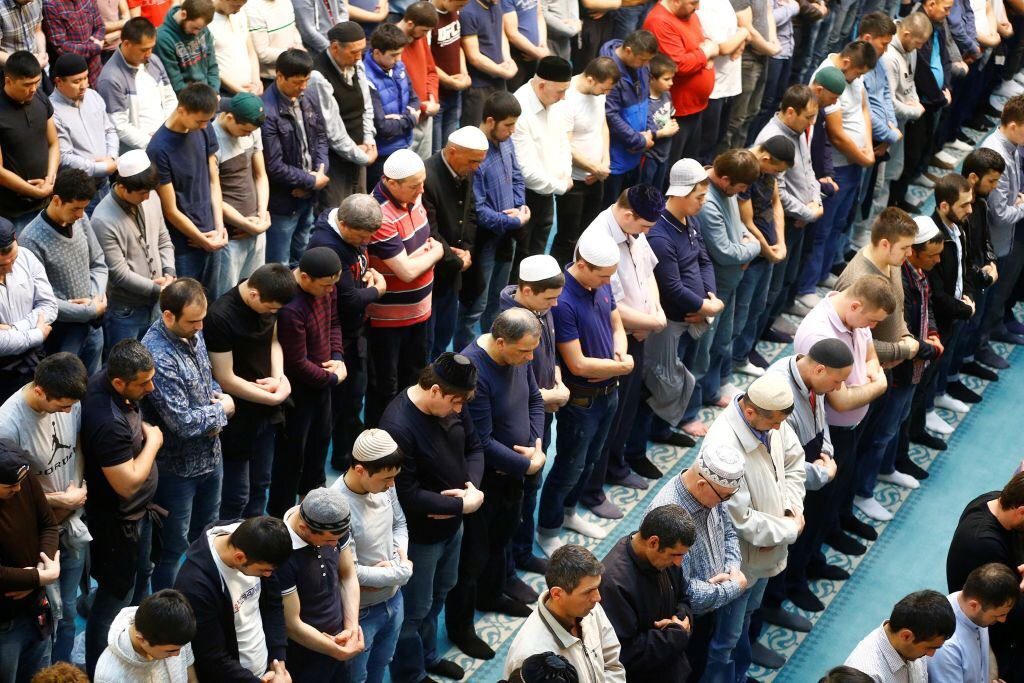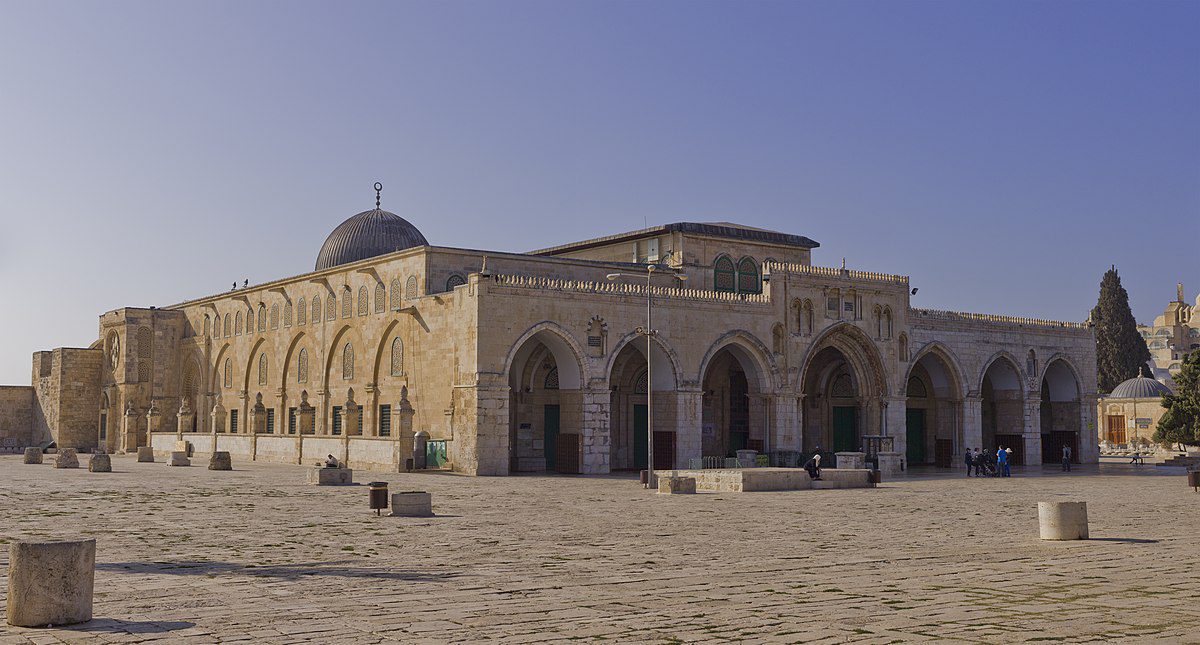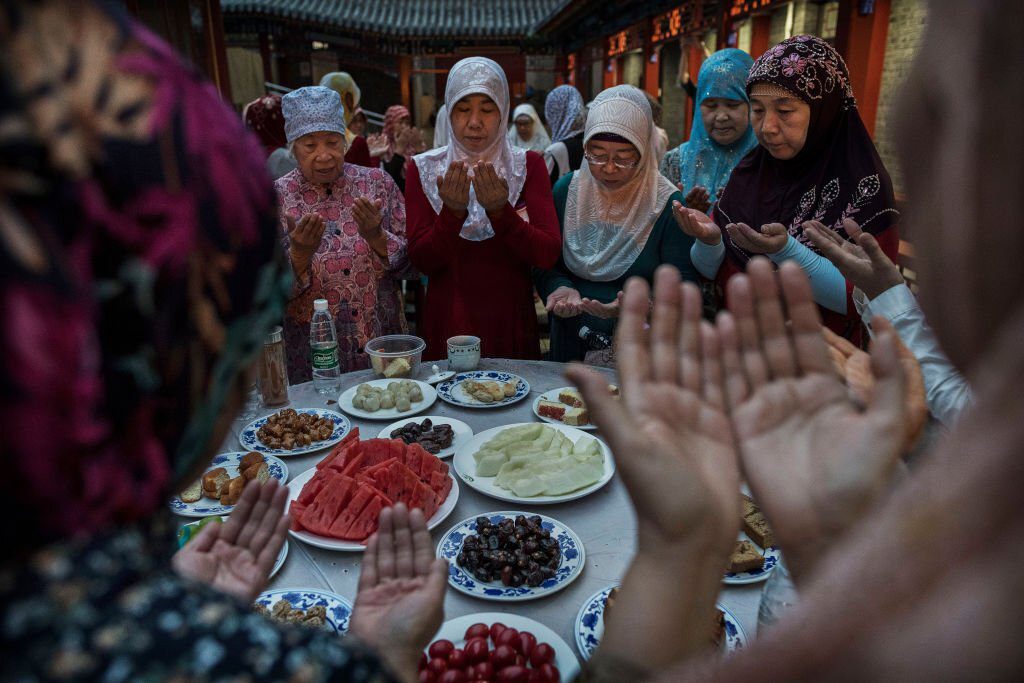Islam teaches us that both good health and physical ailment are integral parts of life. Through these trials and tribulations, we have the opportunity to grow and develop as individuals. They also serve as reminders to turn back towards Allah, seeking His mercy and forgiveness.
The Role of Sickness in Expiating Sin
Sickness can also serve as an expiation for sin. This concept is mentioned by the Prophet Muhammad (PBUH) in Bukhari. The punishment for sin might be more painful if received in the hereafter. In His mercy, God allows us to experience punishment through sickness in this world, which can make the afterlife easier for us. Sickness is also an expiation for sin as mentioned by the Prophet Muhammad (PBUH) in Bukhari.
Sickness as a Means to Remember God
Another significant aspect of illness is its role in helping us remember God. If we or our loved ones never experienced sickness, we might not remember God as often. Illness encourages us to talk to and remember God, bringing us closer to Him.
And lastly, sickness is a way for us to remember God. If we or our loved ones never got sick, we wouldn’t remember God as much. Sickness encourages us to talk to and remember God, which can bring us closer to him.
Supporting Someone Who is Ill
When faced with a loved one’s illness, there are several actions you can take to offer support. One of the most powerful ways to help is through prayer. Here are some duas that you can recite for a friend or family member afflicted with illness.
However, what can you do to help someone who is sick or ill? Here are some duas that you can recite for a friend or family member afflicted with illness. By understanding these perspectives and actions, we can better navigate the challenges of health and illness, finding solace and strength in our faith.
Pre-Requisites for Reciting Dua
Reciting dua involves more than just saying the words. If you are able, try to follow these pre-requisites:
- Perform wudhu (ablution).
- Wear perfume.
- Give charity.
- Face the qiblah.
- Start with Bismillah and praise of God.
- Raise your hands.
- Pray for others before yourself.
- Send blessings on the Prophet and his family before and after the dua.
- Don’t set a time limit for the acceptance of the dua.
Dua for the Sick
First Dua
There is a strong, authentic hadith recorded by At-Tirmidhi, Abu Dawud and Al-Albani, and referred to in Fortress of the Muslim:
أَسْأَلُ اللَّهَ الْعَظِيمَ رَبَّ الْعَرْشِ الْعَظِيمِ أَنْ يَشْفِيَكَ
Transliteration: As’al Allah al-‘Azim, Rabb al-‘Arsh al-Azim, an yashfiyak
Translation: “I ask Allah, the Mighty, the Lord of the Mighty Throne, to heal you.”
It is recommended to recite the above dua seven times in Arabic.
Second Dua
It was narrated that ‘Ali (رضي الله عنه) said:
حَدَّثَنَا أَبُو سَعِيدٍ، مَوْلَى بَنِي هَاشِمٍ حَدَّثَنَا إِسْرَائِيلُ، حَدَّثَنَا أَبُو إِسْحَاقَ، عَنِ الْحَارِثِ، عَنْ عَلِيٍّ، قَالَ كَانَ رَسُولُ اللَّهِ صَلَّى اللَّهُ عَلَيْهِ وَسَلَّمَ إِذَا عَوَّذَ مَرِيضًا قَالَ أَذْهِبْ الْبَاسَ رَبَّ النَّاسِ اشْفِ أَنْتَ الشَّافِي لَا شِفَاءَ إِلَّا شِفَاؤُكَ شِفَاءً لَا يُغَادِرُ سَقَمًا.
“Remove the hardship and suffering. Lord of mankind, and grant healing, for You are the Healer and there is no healing except Your healing; (grant) healing which does not leave any sickness behind.`
Third Dua
اللَّهُمَّ عَافِنِي فِي بَدَنِي اللَّهُمَّ عَافِنِي فِي سَمْعِي اللَّهُمَّ عَافِنِي فِي بَصَرِي لَا إِلَهَ إِلَّا أَنْتَ
Transliteration: Allahumma ‘afini fi badani, Allahumma ‘afini fi sam’i, Allahumma ‘afini fi basari, La ilaha illa Anta
Translation: “O Allah, make me healthy in my body. O Allah, preserve for me my hearing. O Allah, preserve for me my sight. There is none worthy of worship but You.”
It was transmitted by Abu Dawud that Abu Bakr had heard the Prophet (pbuh) say the above dua every morning, three times, and also again in the evening, three times. This could also help with curing headaches.






